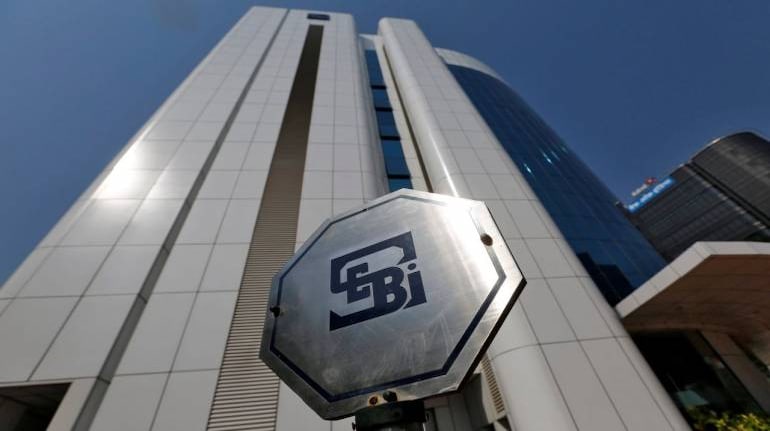



Alarm bells rang for the markets, investors and securities and commodities market regulator Securities and Exchange Board of India (SEBI) when the much-awaited initial public offering (IPO) of Paytm tanked on debut.
Since then, the slide show has been going on for the payments company. The story of cosmetics retailer Nykaa has been a little different. It debuted at Rs 2,001, a 78 percent premium to its IPO price of Rs 1,125. However, it closed at Rs 1,294.20 on the BSE on Friday, February 25, 2020. Clearly, both these vaunted new-age companies have lost investor interest.
While investors pay huge premiums for shares of new-age firms and are ready to wait for an extended period of time in the hope of making outsized returns when these companies turn profitable, the scenario for these companies in India has soured because of the impending US Fed tightening following rampaging inflation in the US, the possibility of easy money going out of circulation, and the Russia-Ukraine crisis.
With investor wealth hugely eroded by these new-age companies, and many analysts calling out the outrageous valuations given to some of these loss-making firms, SEBI decided to bell the cat – it has proposed rules to tighten the IPO pricing of such companies.
Here’s a look at the new rules proposed, and the rationale for them. SEBI has called for public comments on the proposed rules until March 5.
Pricing of the IPOs
According to the proposed rules, SEBI will ask IPO-bound companies how it arrived at the pricing. That is, the company has to justify the price it is seeking for its shares in the IPO. SEBI will seek the price of the shares sold or shares acquired in the 18 months prior to filing of the offer documents.
SEBI will also seek all presentations the company has made to investors in the pre-IPO period. This will provide IPO investors with a clear view of the company’s past performance, its fund-raising rounds, the rationale put forward at those times, and whether the company has been able to achieve those projections. The regulator will seek to compare pre-IPO share-sale price(s) with the IPO price.
Need for rule change
With low interest rates globally, easy money, soaring equity markets and some new-age companies in the West giving phenomenal returns to investors, new-age companies in India too have been seeking sky-high valuations. SEBI, with these new proposals, is trying to make investors look at the IPO prices more realistically.
Currently, traditional companies aiming to list on the stock exchanges, share with SEBI and other investors, various important ratios and earnings metrics, such as earnings per share (EPS), price-earnings ratio (PE), net asset value (NAV), and return on net worth (RONW), among others. However, such metrics do not exist for new-age companies, since they would be loss-making ones, hoping to breakeven and make a profit sometime in the long term (read, undefined future).
So, for such new-age companies without the traditional metrics to fall back on, SEBI has said they should disclose their Key Performance Indicators (KPIs), which would need to be certified by statutory auditors, as well as compared with listed peers in India and overseas. Their valuations too, based on past transactions for fund-raising, would need to be disclosed to SEBI.
Profitability
These above rules proposed by SEBI will apply to new-age companies that have not been making a profit for the last three years preceding the IPO.
Discover the latest Business News, Sensex, and Nifty updates. Obtain Personal Finance insights, tax queries, and expert opinions on Moneycontrol or download the Moneycontrol App to stay updated!